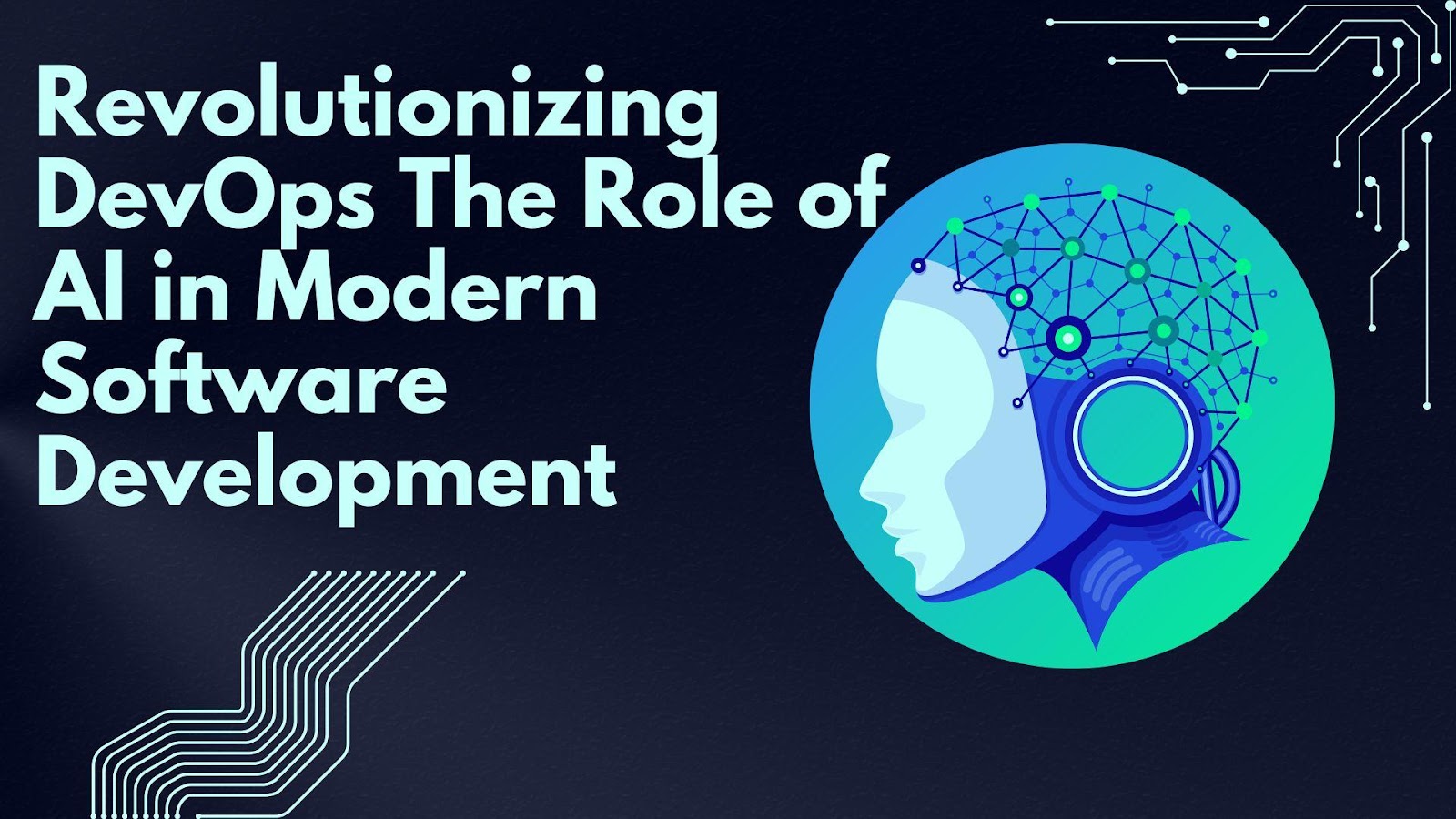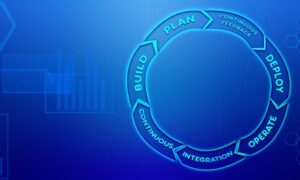In the digital era, Kowshik Sakinala, an expert in the field of software engineering, explores how artificial intelligence (AI) is reshaping DevOps in his latest research. His work provides a deep dive into AI’s transformative influence on software development, from AI-assisted coding to predictive pipeline management and advanced security solutions.
AI-Powered Coding: Enhancing Developer Productivity
Software development has seen a dramatic shift with AI-powered coding tools that assist developers in writing, debugging, and optimizing code. These tools utilize machine learning models trained on extensive codebases to provide intelligent code completion and real-time suggestions. Developers now benefit from AI’s ability to predict intent, suggest entire code blocks, and refine syntax, leading to increased efficiency and reduced error rates.
AI systems now automatically generate comprehensive test suites by analyzing code structure and potential edge cases, ensuring more robust applications with fewer manual testing hours. Code refactoring has been revolutionized through intelligent pattern recognition that identifies opportunities for optimization while preserving functionality. Advanced semantic analysis enables these tools to understand code context across multiple files and repositories, offering holistic improvement recommendations rather than isolated fixes. Most significantly, AI mentorship features now provide personalized learning paths for developers, analyzing their coding patterns and suggesting targeted tutorials.
Predictive Pipeline Management: Optimizing Workflow Efficiency
Continuous Integration and Continuous Deployment (CI/CD) pipelines have become more intelligent with AI-driven predictive analytics. These advancements enable teams to anticipate potential bottlenecks, allocate resources efficiently, and reduce deployment failures. AI-powered workflow assistants, leveraging natural language processing (NLP), provide developers with contextual recommendations, improving pipeline automation and decision-making.
AI-enhanced observability tools now offer unprecedented visibility into system behaviors, detecting anomalies before they impact production environments. Machine learning algorithms continuously optimize deployment strategies by analyzing historical performance data, automatically selecting ideal release windows and rollout patterns. Intelligent test automation frameworks dynamically prioritize test cases based on code changes and risk assessment, significantly reducing testing cycles while maintaining quality. Cross-functional collaboration has improved through AI systems that translate technical metrics into business impact visualizations, helping stakeholders make informed decisions about release readiness and feature prioritization.
AI-Driven Security: Strengthening DevOps Protection
AI in DevOps security is also transforming incident response through real-time threat detection and automated remediation workflows. Machine learning algorithms continuously evolve their understanding of normal system behavior, flagging anomalies with increasing precision. This intelligence extends to infrastructure-as-code scanning, where AI identifies misconfigurations before deployment. The integration of contextual decision support systems helps prioritize vulnerabilities based on business impact rather than generic severity ratings. Furthermore, AI-powered DevSecOps platforms streamline governance by automating audit trails and providing transparency into security decision-making throughout the development lifecycle.
Human-AI Collaboration: The Future of DevOps
Rather than replacing human expertise, AI complements developers by automating repetitive tasks and allowing them to focus on strategic innovation. This partnership fosters improved decision-making, higher efficiency, and optimized software delivery. However, AI integration presents challenges, including biases in training data and the necessity for continuous learning to keep up with evolving technology. Organizations must invest in comprehensive AI literacy programs and establish ethical guidelines to ensure responsible implementation. The transition requires recalibrating team structures and workflows to accommodate new AI capabilities. Despite initial implementation costs, the long-term benefits include reduced technical debt, enhanced code quality, and more sustainable development practices. Industry leaders who successfully navigate this technological shift gain significant competitive advantages through accelerated innovation cycles and more resilient software architectures.
Additionally, the synergistic relationship between AI and human developers creates opportunities for cross-disciplinary collaboration, breaking down traditional silos between development, operations, and business teams. As AI tools mature, they increasingly serve as knowledge repositories, preserving institutional expertise and reducing onboarding time for new team members. Forward-thinking organizations are creating specialized roles focused on AI governance and integration, ensuring that automated processes align with business objectives.
In conclusion,AI is revolutionizing DevOps, enhancing coding efficiency, optimizing deployment pipelines, and fortifying security. As technology advances, organizations must balance AI automation with human expertise to maximize its potential. Kowshik Sakinala’s insights underscore the significance of this synergy, paving the way for a future where AI-driven DevOps becomes the industry standard.





























